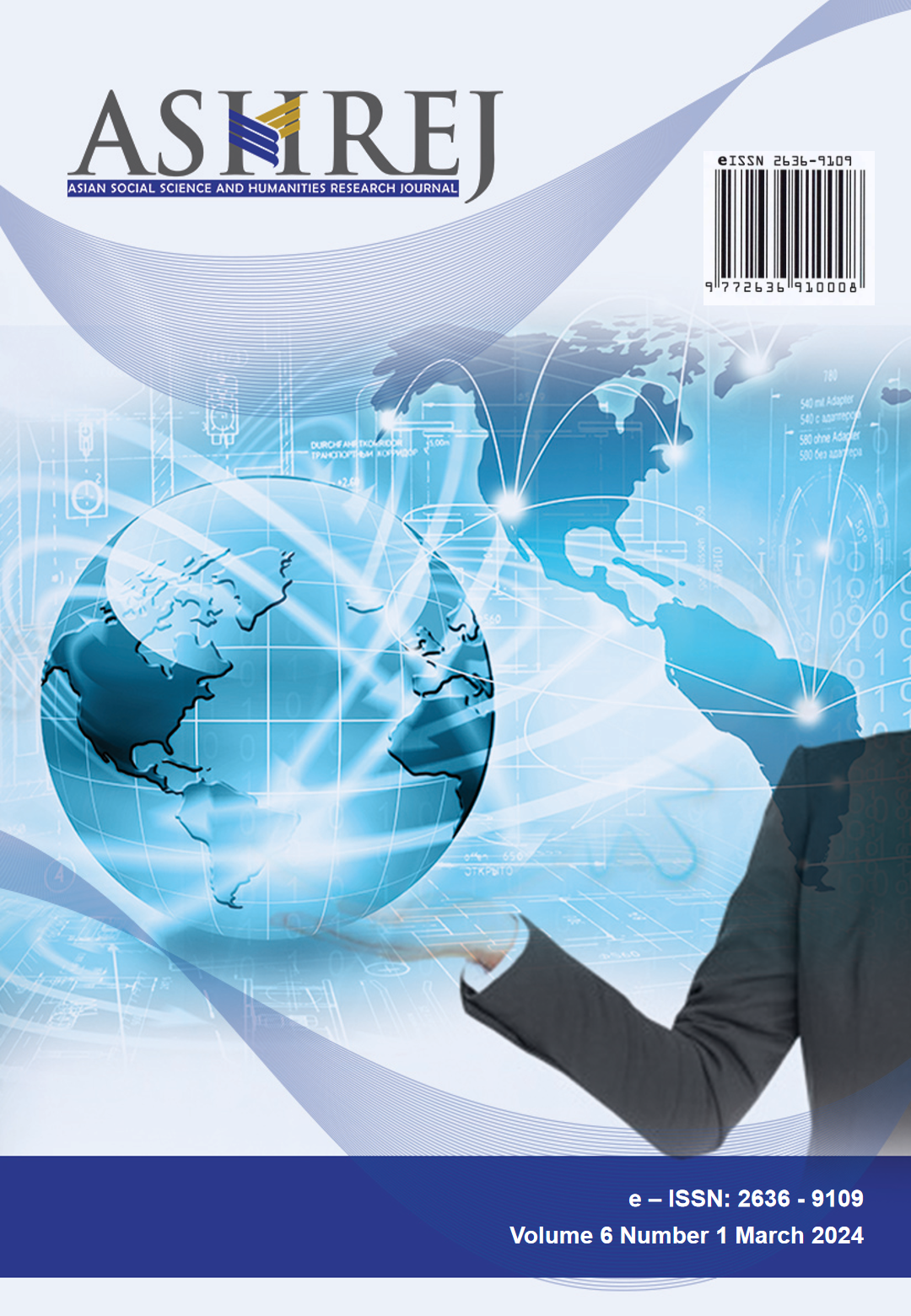The Relationship Between BCG Model and the Future of Tourism Industries
Main Article Content
Abstract
This research aims to study the factors of tourism that utilize BCG (Bio-Circular Green Economy) as a foundation and to explore the factors that create a relationship between BCG and future tourist destinations. This research is a qualitative study conducted with a group of university professors specializing in tourism and business management who possess knowledge and experience in tourism and utilize BCG as a part of the tourist destination. There were a total of 10 participants. The data collection method for this research involved using interview questions prepared based on literature reviews and interviews. The focus was on factors related to cultural communication, sustainability, technology utilization, the use of the BCG model in business, agricultural industry development, marketing factors, the perceived value of BCG, and the benefits of BCG. The period starts from September 2023 to October 2023. The results indicate that all the above-mentioned factors impact the relationship between BCG and future tourist destinations.
Article Details

This work is licensed under a Creative Commons Attribution-ShareAlike 4.0 International License.
References
Chaiphawang, K. (2022). Relationships between business resources. Strategy to create an advantage in competition and operations according to the group's BCG economic model. Community enterprises in Chiang Rai Province. Journal of Social Science and Buddhist Anthropology, 7(12), 1091-1106.
Chalermchit, A. (2020). Innovation capabilities of tour business operators based on economic concepts. Creativity in the Northeast. Journal of Research and Development Institute Rajabhat Maha Sarakham University, 7(2), 613-630.
Chomphoothong, P., Visesprapa, P., Charoensuk, C., Swangngam, N., & Sugsamrit, J. (2022). Analyzing the elements to explore the potential of tourist attractions that affect agricultural tourism intentions in Prachuap Khiri Khan Province. Journal of Business Administration and Social Sciences Ramkhamhaeng University, 5(1), 36–52.
Daoruang, R. (2023). Guidelines for developing herbal tea products from local wisdom to promote a Creative economy in Kanchanaburi province. Journal of Management Science Nakhon Pathom Rajabhat University, 10(1), 267–280.
Edyvean, R. G., Apiwatanapiwat, W., Vaithanomsat, P., Boondaeng, A., Janchai, P., & Sophonthammaphat, S. (2023). The Bio-Circular Green Economy model in Thailand–A comparative review. Agriculture and Natural Resources, 57(1), 51-64.
Gains, N., & Thi, X. N. H. (2023). Do plant-based food products communicate sustainability?: A case study of brand meanings in Thailand and their relationship to sustainable diets. NIDA Case Research Journal, 15(1).
Iamamporn, S., Chairattanaphanich, P., & Songsangyos, P. (2022). Application of Internet Devices, The Application of Internet of Things Devices for Traceability for Agricultural Products. Advanced Science Journal, 22(2), A1-A9.
Jinawat, P., & Preyawanit, N. (2022). Evaluation of Public Policy for promoting the development of Charoen Krung's creative district.
Kessinee Rattanaphan, & Piyaphong Inthaisong. (2023). Creating shared value with the BCG Economy Model of the Thai Government. Journal of Media and Communication Innovation, 2(1), 60–74.
Khomkrit Channarong and Bunsom Yodmalee. (2020). Cultural creative economy: reforming the use of local wisdom In the Thailand 4.0 era. Bua Bundit Journal of Educational Administration, 17(1), 215-215.
Morse, J. M. (Ed.). (1994). Critical issues in qualitative research methods. Sage.
Narayan, Y., & Pooripakdee, S. (2022). Dairy farm management for tourism to drive moving economic strategy BCG Dairy farm management for tourism to drive bcg economic strategy. (Doctoral dissertation, Silpakorn University).
Orachorn Kraichak, Phra Mahavaranthorn Yannakitti, and Phra Maha Nitithat Yannasiddhi. (2023). Develop a database in the form of Digital management for a waste-free Buddhist community under the concept of a circular economy. MCU Peace Studies Review Journal, 11(3), 11226-1142.
Peerasut Bunkaewsuk. (2021). Research study to prepare a research road map. and develop agricultural technology and biotechnology to support Thailand's strategy towards the 4.0 era in the future; Case studies in the entrepreneurial dimension of the small and medium industrial sector and the most significant agricultural and biotechnology company in Thailand regarding crops (Doctoral dissertation, Mahidol University).
Rakharn, S., Kaewnuch, K., & Choibamroong, T. (2023). Development of a management assessment framework for community tourism toward sustainability. Journal of Social Science and Cultural, 7(03), 64–81.
Rasa Suntharayuth. (2022). Research project on product and service design for local handicraft communities. Thai Yuan Pha Chok area Ratchaburi Province To expand the interior design product portfolio with innovative fabric molding and green textiles. Burapha Arts Journal, 22(2), 27-49.
Seesanong, S., Seangarun, C., Boonchom, B., Laohavisuti, N., Thompho, S., Boonmee, W., & Rungrojchaipon, P. (2023). Bio-green synthesis of calcium acetate from oyster shell waste at low cost and reducing the emission of greenhouse gases. Sustainable Environment Research, 33(1), 26.
Sinsing, S., & Pooncharoen, N. (2023). The Development of Phenomenal-based Learning Activities of Social Studies Subjects to Develop BCG Economy Model Concept of Secondary School 2 Students in Mueang Subdistrict, Kamphaeng Phet Province (Doctoral dissertation, Naresuan University).
Suchitra Yangnok. (2023). Sustainable community tourism management. Humanities and Social Studies (MSS), Faculty of Humanities and Social Sciences Buriram Rajabhat University, 21(2), 279–300.
Suvannin, W., & Nunthong, K. (2023). Mechanisms for driving the creative economy to promote border trade OTOP Nawatwithi tourism community in Nong Khai Province. Journal of Business Administration and Social Sciences Ramkhamhaeng University, 6(1), 120–137.
Wichuda Chanaka, Tawan Suknoi, and Athit Asawasukhee. (2023). Hydrogenation reaction of methyl oleate to methyl stearate. Rate with cobalt zinc aluminate catalyst. Journal of Science, Engineering and Technology, 3(1), 104-114.
Yutthana Praneet, et al. (2020). Nawatwithi Rakthin: Investigating History local culture and traditions (Doctoral dissertation, Buddhist Research Institute Mahachulalongkornrajavidyalaya University).

